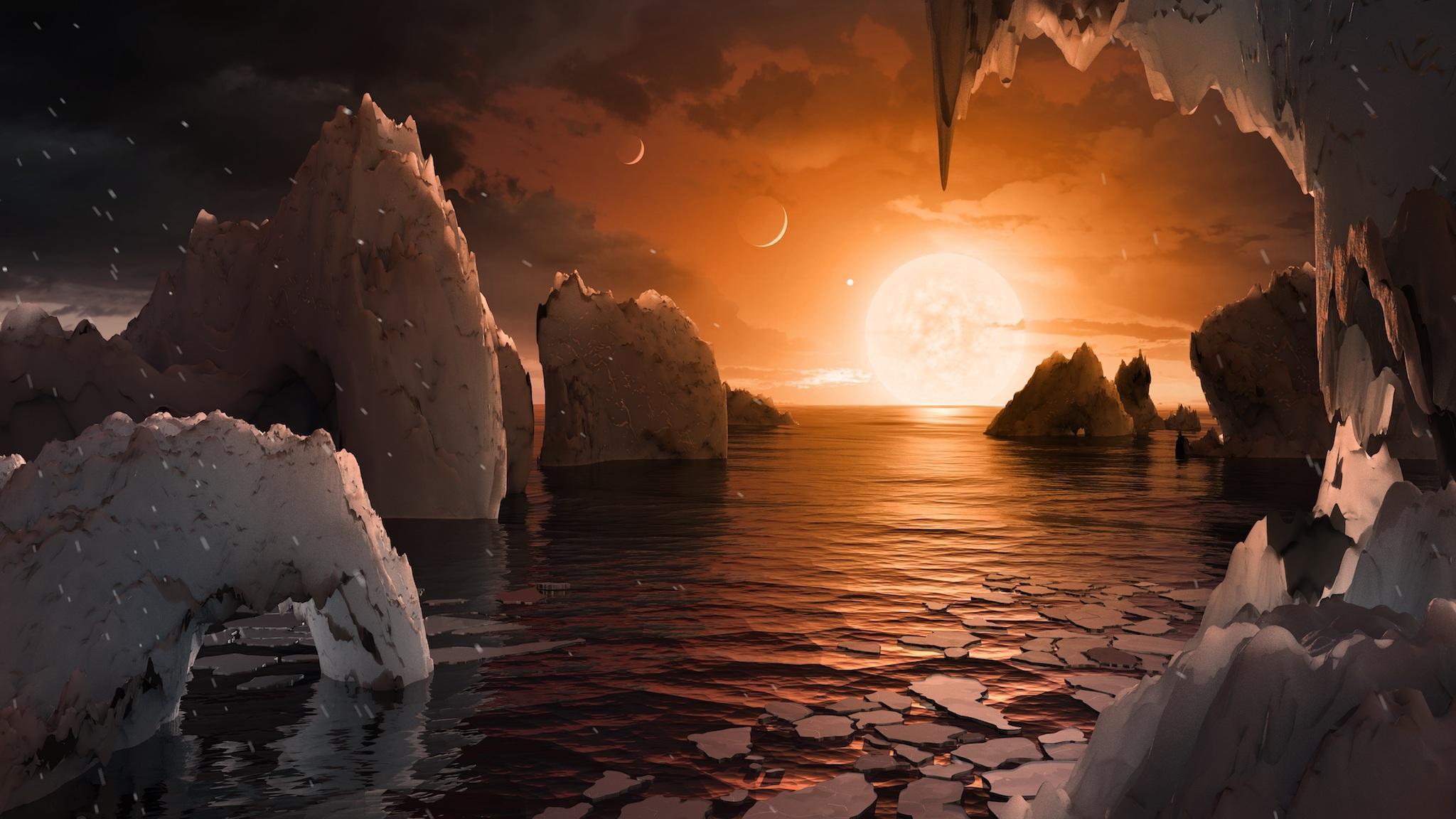Solar systems could have a large number of planets that are home to alien life, study finds

Your support helps us to tell the story
From reproductive rights to climate change to Big Tech, The Independent is on the ground when the story is developing. Whether it's investigating the financials of Elon Musk's pro-Trump PAC or producing our latest documentary, 'The A Word', which shines a light on the American women fighting for reproductive rights, we know how important it is to parse out the facts from the messaging.
At such a critical moment in US history, we need reporters on the ground. Your donation allows us to keep sending journalists to speak to both sides of the story.
The Independent is trusted by Americans across the entire political spectrum. And unlike many other quality news outlets, we choose not to lock Americans out of our reporting and analysis with paywalls. We believe quality journalism should be available to everyone, paid for by those who can afford it.
Your support makes all the difference.Other solar systems could have large numbers of planets that are home to alien life, a new study has found.
The research suggests that other parts of the universe could be host to numerous planets that are habitable, unlike our solar system, where just one of the worlds has the right conditions for life to thrive.
Scientists looking for life elsewhere in the universe regularly search for planets in the "habitable zone", which are distant enough from their star that the water would not immediately be evaporated away, but close enough that it would not freeze.
Researchers think that finding planets at that specific distance from their star, which is also known as the Goldilocks zone, is the best hope for finding alien life elsewhere in the universe.
The new study was prompted by looking at a famous, relatively nearby planetary system – known as Trappist-1 – which has at least three planets in its habitable zone.
"This made me wonder about the maximum number of habitable planets it's possible for a star to have, and why our star only has one," astrobiologist Stephen Kane from UC Riverside, who led the study published in the Astronomical Journal this week, said. "It didn't seem fair!"
To understand how many habitable planets a solar system might be able to support, researchers create a model that allowed them to simulate planets of different sizes orbiting their stars. It accounted for the way that those planets would interact with each other as they orbited around their star, stretching over a theoretical time of millions of years.
They found that a star like our Sun could support as many as six planets, each of them with liquid water and the conditions to be habitable. Other kinds of stars could support a full seven.
If there are more than that, the planets would move too close to each other, disturbing their orbits.
The research also helped illuminate the reason our planet has a relatively paltry one habitable planet, and the conditions that would change that. Part of our problem appears to be that the planets of our solar system move around in an oval shape – if their path is more regular and circular, they better minimise contact so that they can have more stable orbits.
Jupiter might also deserve some of the blame for making our solar system so uninhabitable, too. It is so large – at two-and-half-times the mass of the rest of the solar system's planet combined – that it hogs the space and disturbs everything around it, the study suggests.
"It has a big effect on the habitability of our solar system because it's massive and disturbs other orbits," Kane said.
The research could now help identify other solar systems that could be worth exploring for potential life. That could inform research by Nasa telescopes, such as the Jet Propulsion Laboratory's Habitable Exoplanet Observatory, which is looking through the universe in an attempt to find which worlds could have the right conditions to be a home.
Join our commenting forum
Join thought-provoking conversations, follow other Independent readers and see their replies
Comments